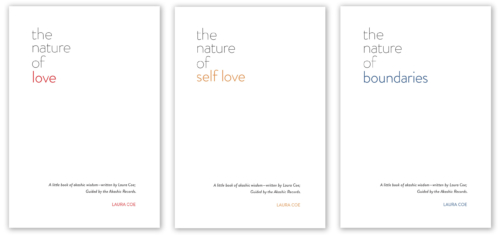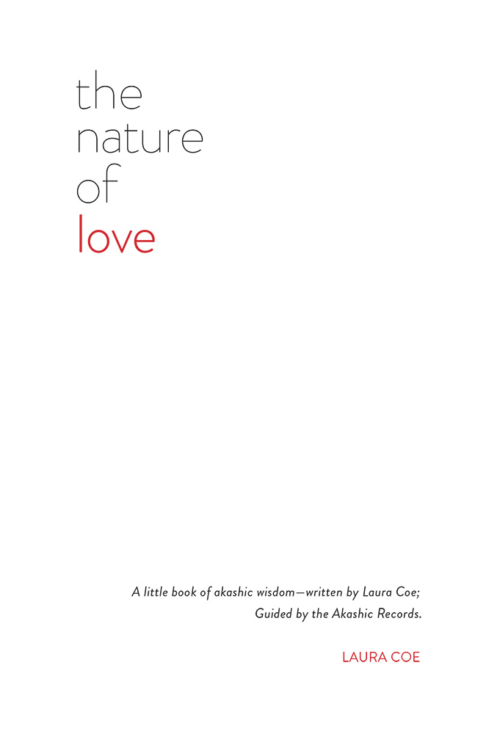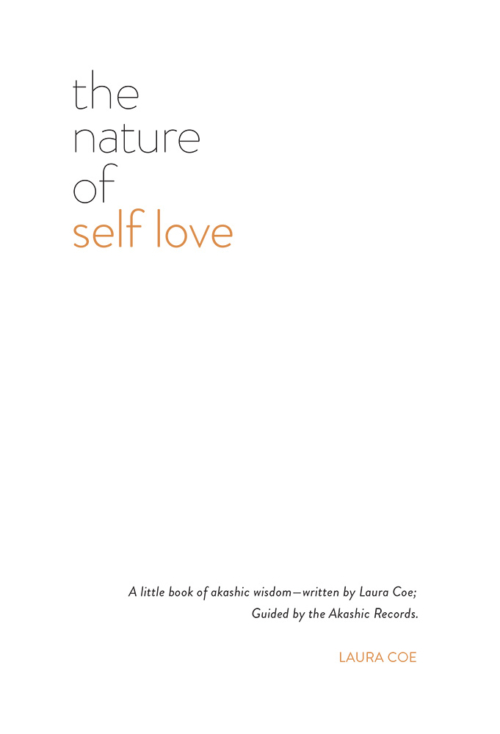 “In Buddha’s opinion, to train in staying open and curious—to train in dissolving our assumptions and beliefs—is the best use of our human lives.”― Pema Chödrön, The Pocket Pema ChodronTo stay open and curious and to train ourselves to dissolve our assumptions seems very straightforward in theory. However, in reality, it’s very hard to stay open and curious, especially if assumptions and beliefs must be dissolved in order to be open and curious.Why? Because assumptions and learned beliefs are our predominant thoughts.How can we stay open and curious when we make tons of assumptions and stick to a set of beliefs without thought? This quote brings up an incredibly important point because we have to dissolve assumptions and learned beliefs so that we can assess the part of us that is open and curious.True curiosity is available when we let go of beliefs and assumptions.What is the curious mind? It is a mind open to suggestions, options, and new ways of viewing a moment.We begin our life open and curious and overtime learned beliefs, learn values, and assumptions make it very difficult to access the part of us that is curious.Another reason it is difficult to enter into the curious state is that it takes effort to be curious. Curiosity is active, not passive. Curiosity requires space and contemplation. When we lean on learned beliefs and assumptions, we don’t have to work. We can use the old views and perspectives that have been handed down from someone else and avoid the effort curiosity requires.I am not suggesting that some external opinions or culture does not provide answers; that we should toss away long held beliefs without thought. I am suggesting that beliefs and assumptions without thought leave you in a life filled with absolute thinking. “This is right and this is wrong.” When you enter into that mindset, you stop growing. Without growth, your life becomes shades of gray. The vibrance, exhilaration, and joy that curiosity and growth bring is lost.Buddha says it is the best “use” of our life. I take the word “use” to mean this requires effort and time, it is not passive, it is active. He also says we must “train” to be curious. Again, this implies ongoing action. On internal lives require effort, sustained effort, to be healthy. Just like we train our bodies to be fit, we must train our minds if we want emotional fitness.So what are the actions required to remove assumptions and learned beliefs and take action into the curious part of yourself?
“In Buddha’s opinion, to train in staying open and curious—to train in dissolving our assumptions and beliefs—is the best use of our human lives.”― Pema Chödrön, The Pocket Pema ChodronTo stay open and curious and to train ourselves to dissolve our assumptions seems very straightforward in theory. However, in reality, it’s very hard to stay open and curious, especially if assumptions and beliefs must be dissolved in order to be open and curious.Why? Because assumptions and learned beliefs are our predominant thoughts.How can we stay open and curious when we make tons of assumptions and stick to a set of beliefs without thought? This quote brings up an incredibly important point because we have to dissolve assumptions and learned beliefs so that we can assess the part of us that is open and curious.True curiosity is available when we let go of beliefs and assumptions.What is the curious mind? It is a mind open to suggestions, options, and new ways of viewing a moment.We begin our life open and curious and overtime learned beliefs, learn values, and assumptions make it very difficult to access the part of us that is curious.Another reason it is difficult to enter into the curious state is that it takes effort to be curious. Curiosity is active, not passive. Curiosity requires space and contemplation. When we lean on learned beliefs and assumptions, we don’t have to work. We can use the old views and perspectives that have been handed down from someone else and avoid the effort curiosity requires.I am not suggesting that some external opinions or culture does not provide answers; that we should toss away long held beliefs without thought. I am suggesting that beliefs and assumptions without thought leave you in a life filled with absolute thinking. “This is right and this is wrong.” When you enter into that mindset, you stop growing. Without growth, your life becomes shades of gray. The vibrance, exhilaration, and joy that curiosity and growth bring is lost.Buddha says it is the best “use” of our life. I take the word “use” to mean this requires effort and time, it is not passive, it is active. He also says we must “train” to be curious. Again, this implies ongoing action. On internal lives require effort, sustained effort, to be healthy. Just like we train our bodies to be fit, we must train our minds if we want emotional fitness.So what are the actions required to remove assumptions and learned beliefs and take action into the curious part of yourself?
Emotional Curiosity Workout
- Remind yourself of the curious mindset. Need help conjuring up an image? Check out any YouTube video of kittens, puppies or babies.
- Go on an assumption cleanse – no assumptions for one week. Nothing is better than an assumption cleanse.
- Let go of the right and wrong thinking — Right and wrong thinking suggests that you know something and there is no reason to be open or curious. Knowledge is not absolute. Life is growth and learning.
- Ask great questions, not just of others, not just of the world, but of yourself.
Buddha finishes the quote with a very strong statement – that letting go of assumptions and beliefs is the best way to spend your life. Why would he take assumptions and beliefs so seriously? Because we are living beings, changing at all times. Change is part of our lives and remaining open and curious, without resistance to the natural movement of life, allows you to live a life with a sense of joy.So check out a kitten or puppy YouTube and remind yourself about the joy of true curiosity and then give it a try!Thank you for reading and your commitment to emotional fitness. As always, love to hear your thoughts – drop me a note – [email protected]





